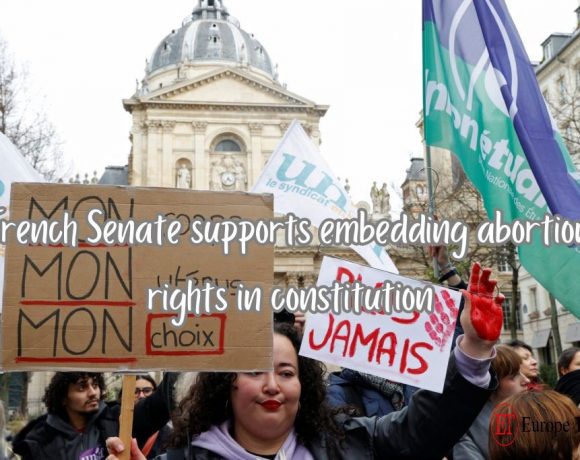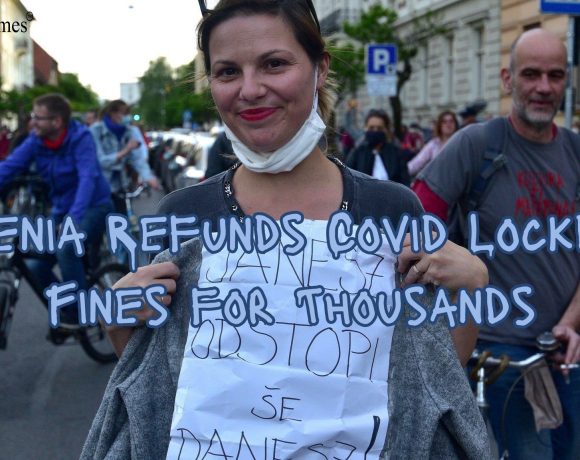
The French Senate has overwhelmingly approved a constitutional amendment to solidify women’s right to abortion, following a similar endorsement by the National Assembly. The vote, with 267 in favor and 50 against, reflects growing pressure to strengthen abortion rights amidst concerns over erosion in allied nations like the US and Poland.
French President Emmanuel Macron has called for a special joint session of both houses of parliament, away from Paris, in Versailles, to vote on the amendment. If passed with a three-fifths majority, a referendum won’t be necessary. An Ifop poll from November 2022 indicated strong public support, with 86% favoring the amendment.
While all major political parties in France support abortion rights, there was a revision in the language of the amendment, changing from endorsing the “right” to abortion to advocating for the “freedom” to have one. This adjustment, calling for “guaranteed freedom,” was approved by the Senate.
President Macron has pledged to make women’s freedom to choose abortion “irreversible” by enshrining it in the constitution. Justice Minister Éric Dupond-Moretti hailed the move as historic, positioning France as the first country to constitutionally protect women’s freedom in deciding about their bodies.
Conservative senators expressed feeling pressured to approve the amendment, with one anonymously stating concerns about familial repercussions if she voted against it.
The backdrop to this decision includes ongoing debates in the US, where abortion rights have been challenged, leading to restrictions in many states, and in Poland, where a near-total ban on abortion was imposed by the Constitutional Court in 2020.
Picture Courtesy: Google/images are subject to copyright


